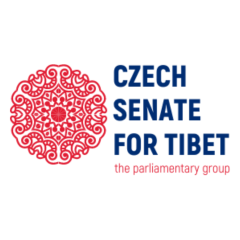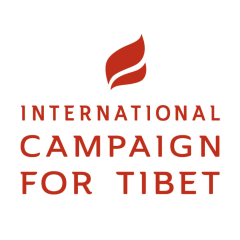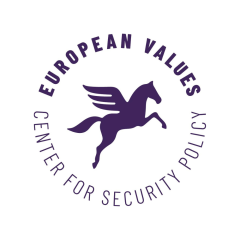More than a decade after the 2008 protests, the human rights situation has seriously deteriorated in Tibet, as the Chinese government has further curtailed a wide range of human rights and implemented aggressive policies of “sinicization”. As Beijing has drastically restricted access to Tibet, and international attention has focused on the issue of the Uyghurs and Hong Kong, the situation there has become a silent crisis; but it remains extremely worrying, and it is today the pure and simple survival of the Tibetan culture, its language and its religion which is threatened. Meanwhile, there is a growing understanding in Europe that human rights violations by authoritarian regimes are increasingly a question of national and European security and represent threats to democracies.
In this context, what has been the impact of the war in Ukraine on EU foreign policy vis-a-vis China and Tibet? Why is it in Europe’s interest to promote human rights in this strategic region of Asia? And how can the Tibetan people be an ally in the face of the threat that China poses to democracy worldwide?
This conference - organized during the Czech EU Presidency and on the occasion of the visit of a delegation of the Tibetan Parliament-in-Exile to Europe - will bring together European and national officials and parliamentarians as well as China and Tibet experts to discuss these issues and explore concrete ways the Czech Republic and other European governments can contribute to the peaceful resolution of the decades-long crisis in Tibet.









